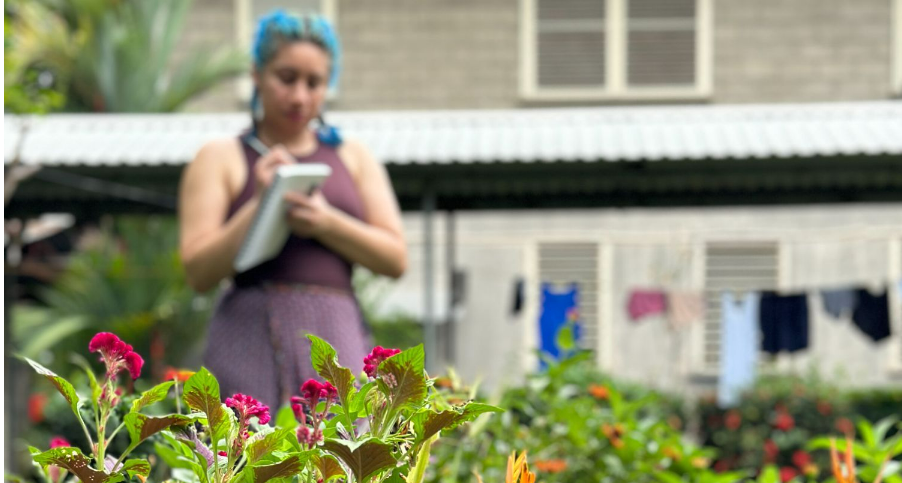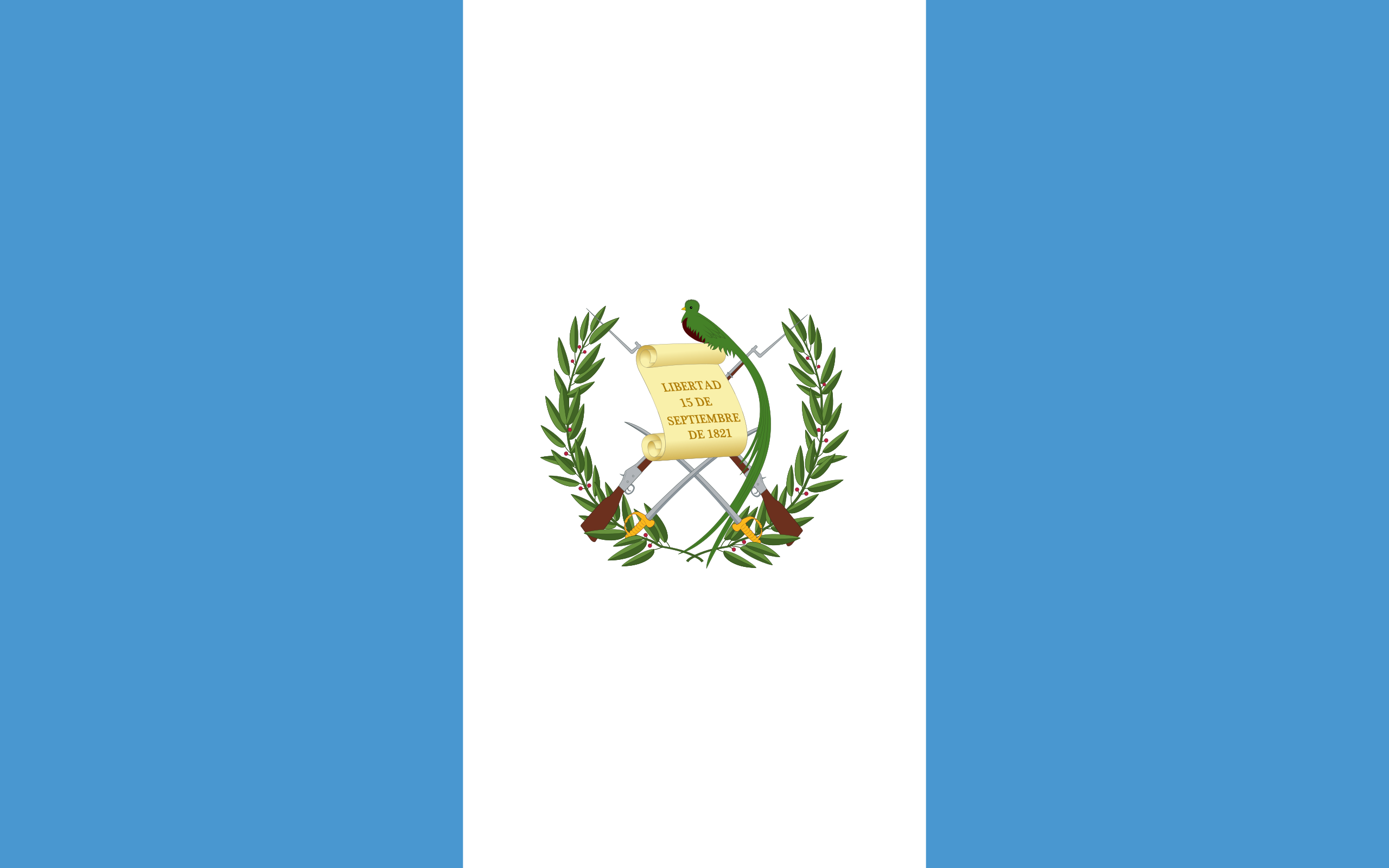In Oaxaca, Mexico, Indigenous defenders pay a heavy price for their persistence in protecting their lands, waterways, and cultures against the forces of modern industrialization and global capitalism.
Zapotec Indigenous human rights defender David Hernández Salazar has been charged by the municipal authorities of San Blas Atempa in Oaxaca with the crimes of arson and attacks on roads. These charges are related to his active role in protesting against the installation of the “Polo de Desarrollo para el Bienestar” Industrial Park (PODEBI) in the communal territory of the Zapotec Binnizá Indigenous Community of Puente Madera as part of the Inter-Oceanic Corridor of the Isthmus of Tehuantepec (CIIT) project. The CIIT, which includes the construction of commercial ports, a network of primary and secondary roads, digital connectivity networks, a gas pipeline and ten industrial parks, poses significant risk to the environment and to the living conditions of the community.
David Hernández Salazar has been subjected to harassment and threats, and so have other inhabitants of Puente Madera and members of APIIDTT. He received two attacks in July. During the same week, two other members of APIIDTT were hit on the road in what appears to be an intentional “accident,” leaving 31-year-old Juan Cortés Meléndez dead and 17-year-old Kevin Alberto Solorzano Cortés seriously injured.
We are urging officials in Mexico to investigate the attacks and drop all criminal charges against David Hernández Salazar and provide protection mechanisms for members of APIIDTT.




